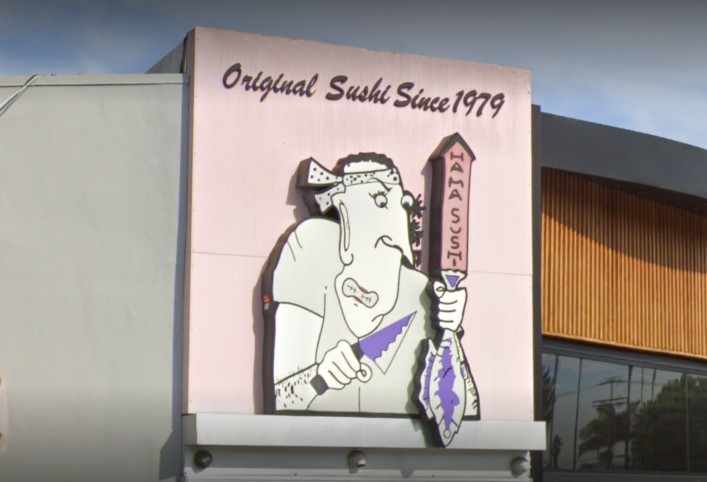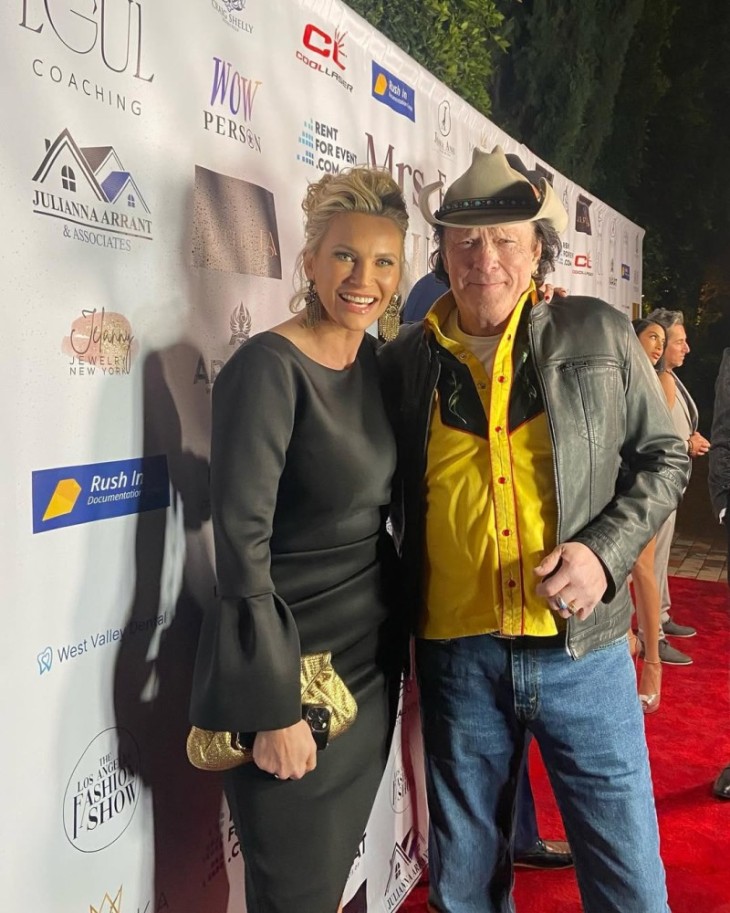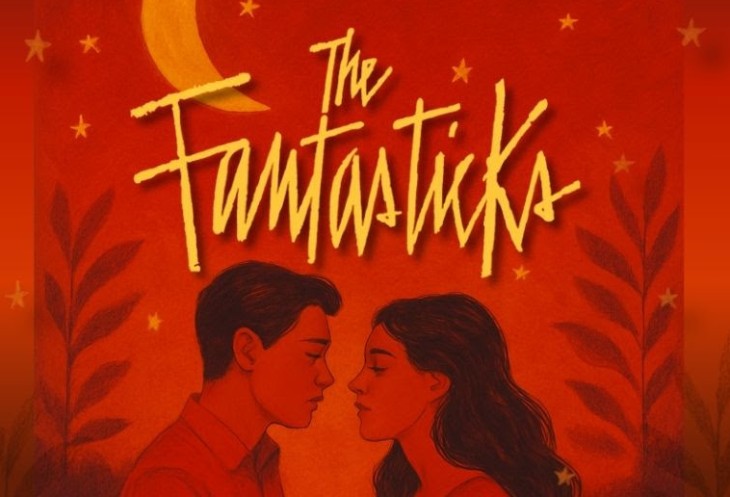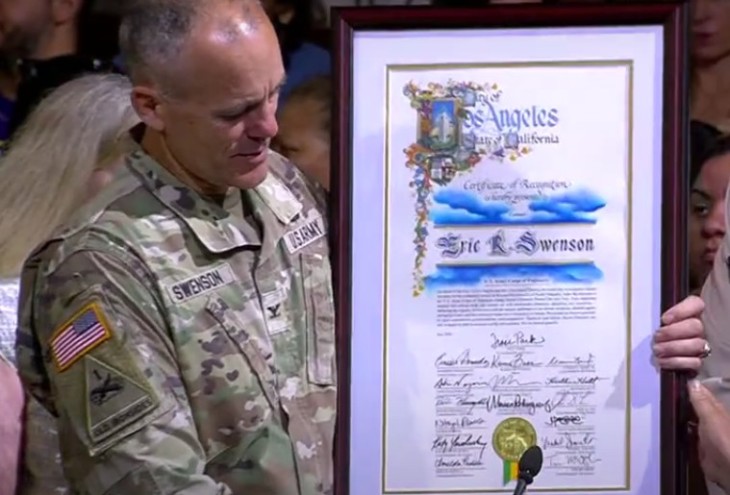“Birdman” capped a golden weekend by winning the Screen Actors Guild Award for outstanding ensemble cast tonight, although its star Michael Keaton lost his bid for best actor to Eddie Redmayne for “The Theory of Everything.”
With Keaton portraying a once-blockbuster actor trying to rebuild his career on Broadway, “Birdman” gained major momentum for the Oscars with the prize — which is SAG’s equivalent of a best-picture honor. “Birdman” also won the top prize from the Producers Guild of America on Saturday.
The winning cast of “Birdman” talked backstage Sunday night at the Screen Actors Guild Awards about director Alejandro Gonzalez Inarritu’s commitment to shooting the film in long, continuous takes edited to look like a single shot.
“If you made a mistake you were possibly destroying another actor’s best work,” Naomi Watts said, calling the 30-day shoot “incredibly high pressured.”
On the other hand, Watts said it was one of the most collaborative projects she’d ever worked on.
“If we all got it right as a team, it was like winning a race,” Watts said. “We were fist bumping and chest bumping.”
Michael Keaton played Riggan Thomson, a has-been actor once popular for his superhero film role and now struggling to regain his career footing in the theater. Keaton said he thought “Birdman,” a film about acting, probably resonated with guild members.
“I think actors loved this movie … for showing the courage of what it takes … to lay it all on the line,” Keaton said.
Ed Norton, who play Riggan’s foil, a younger Broadway star, said Inarritu and the film’s cinematographer, Emmanuel Lubezki, developed their own special language during production.
“And I don’t mean Spanish … they were doing a kind of Vulcan mind meld,” Norton said. “They were in a different zone of atmosphere than most directors and cinematographers.”
Winning the Screen Actors Guild Award for best actor was all about “peers, privilege and luck,” Eddie Redmayne said Sunday night.
“You’re only as good as the people you play against,” Redmayne said of his role in “The Theory of Everything” as theoretical physicist Stephen Hawking. Castmate Felicity Jones was also nominated for her work as Hawking’s wife.
“The hardest part of playing someone like Stephen is not wanting to let him down,” the British actor told reporters backstage at the Shrine Auditorium.
The film spanned 25 years of Hawking’s life, from before he was first diagnosed with the neurodegenerative disease ALS, also known as Lou Gehrig’s disease. The shift in age and physicality was especially challenging because the film, like most, was not shot in chronological order.
“In the same day, you’d be playing him at age 20 and then in his mid- 40s,” Redmayne said.
The actor said he was “flooded” with emotion over his win.
“It’s beyond anything you could ever conceive of,” the actor said, struggling to find the words to describe the feeling.
“It’s all a bit overwhelming … like a white noise of euphoria.”
Redmayne, 33, won a Golden Globe for best actor in a drama film for his work. His win at the SAG Awards will make him a front-runner for the Oscar, although he could still face a challenge from Michael Keaton, who is nominated for his work in “Birdman” and won the Golden Globe for best actor in a comedy.
Actress Patricia Arquette said she was surprised “Boyhood” — which has earned her Golden Globe and Screen Actors Guild awards for supporting actress — ever found financing.
“I can’t believe it got funded … it breaks every rule about production,” Arquette said of the film, which was shot over a period of 12 years.
“That kid could have left” at any time, Arquette said about castmate Ellar Coltrane, whose boyhood is tracked by the film. Given the long production timeline, none of the actors had an insurable contract, she said, something that “defied” industry standards.
Arquette, 46, said she appreciated the scale of the film.
“This little movie is not about the most exceptional person on Earth … this little movie is about human beings,” Arquette said backstage at the Shrine Auditorium after picking up her SAG Award.
She said the statuette she carried was an acknowledgement of her castmates as well as of single moms everywhere.
“The people that I worked with love art, love human beings, love taking chances,” the actress said.
Julianne Moore, backstage at the Shrine Auditorium in a green sequined Givenchy gown, said Sunday night she received a “tremendous amount of help from the Alzheimer’s community” in researching her role for “Still Alice.”
Moore, who won the Screen Actors Guild Award for best actress, plays a 50-year-old linguistics professor plagued by early onset Alzheimer’s. She said she had four months to prepare for the film.
“They set me up with Skype calls with women who had early onset” and she took cognitive tests used in diagnosing the disease. She also attended support groups.
“A lot of language in my script came from those groups,” the 54-year- old actress said.
“What’s been most meaningful is that I’ve (received) a lot of feedback” from people suffering from Alzheimer’s.
“They felt seen, they felt understood,” Moore said, adding that it was gratifying because “there’s a lot of shame in the Alzheimer’s community.”
Despite the subject matter, the film was shot “not in the spirit of loss and diminishment,” the actress said, but in the spirit of making the most of life.
That was doubly true because director Richard Glatzer is suffering from ALS. During filming, he used an iPad to communicate with the actors and crew.
Moore said the role made her feel “so grateful for my husband and my children and my terrible dogs.”
It has been less than a year since she finished the film.
“This has been a wild and wonderful ride,” Moore said of awards season.
Moore previous won a Golden Globe award and has long been considered a favorite to win an Academy Award for her performance.
Asked about her frontrunner status for an Oscar, Moore said, “I’m trying to remain as calm as I can, as present … I don’t take anything for granted.”
Actress/singer/dancer Debbie Reynolds, perhaps best known to many film buffs for sharing the screen with Gene Kelly in “Singin’ in the Rain,” received the Screen Actors Guild Life Achievement Award.
Reynolds, 82, was presented with the honor by her daughter — actress Carrie Fisher — during the 21st annual SAG Awards ceremony at the Shrine Auditorium.
“She has been more than a mother to me. Not much, but definitely more,” she joked.
Fisher hailed her mother as not only a movie star, but also a recording artist, nightclub entertainer, Broadway performer, author and an advocate for preservation of films and film memorabilia.
“This is an extraordinarily kind, generous, gifted, funny woman who would give you the shirt off her back, if Vivien Leigh hadn’t once worn it in ‘Gone with the Wind,”‘ she quipped.
Reynolds rambled through her acceptance speech, and shared a laugh with her daughter, who is best known for her role — and distinctive on-screen hairstyle — as Princess Leia in “Star Wars.”
“My favorite movie was “Singin’ in the Rain,’ and I had a good time making that picture, wearing myself out,” she said. “Of course I had a wonderful hairdo in that picture. … I had a bun. At the back of my head I had a big bun, an ugly bun at the back of my head. So I warned my daughter, Carrie, who had just (received) a part in a picture, Princess Leia in ‘Star Wars.’ I said, ‘Carrie, be careful of any weird hairdos. So luckily George (Lucas) gave her two buns. Thank you, George.”
She also noted that in the film “The Unsinkable Molly Brown,” she “got to sing a wonderful song called, ‘I Ain’t Down Yet.’ Well, I ain’t.”
In announcing the honor last year, Ken Howard, president of SAG-AFTRA, hailed Reynolds as a “tremendously talented performer.”
“Her generous spirit and unforgettable performances have entertained audiences across the globe, moving us all from laughter to tears and back again,” Howard said. “Congratulations, Debbie, on your life achievements.”
A Texas native, Reynolds grabbed the attention of talent scouts when she entered a Miss Burbank contest at age 16.
She earned her first screen credit in “Three Little Words,” starring Fred Astaire and Red Skelton. She followed that performance with “Two Weeks with Love,” featuring the hit song “Aba Daba Honeymoon.” That led to her casting as Kathy Selden, a young dancer looking to make it big in Hollywood, in “Singin’ in the Rain.” The role made her a star.
She went on to perform in dozens more films, including “The Unsinkable Molly Brown,” which earned her Oscar and Golden Globe nominations. She also appeared in “How the West Was Won,” “The Pleasure of His Company,” “Divorce American Style” and “The Catered Affair.”
She also received Golden Globe nominations for “Three Little Words,” “Bundle of Joy” and “Mother.” She was nominated for her TV work on “The Debbie Reynolds Show.”
Reynolds most recently appeared in the award winning HBO movie “Behind the Candelabra,” portraying Liberace’s mother.
Viola Davis, star of ABC’s “How to Get Away with Murder,” said Sunday night she would like to see more “real” women on television, in film and at the theater.
“I draw on life” for characters, Davis said backstage at the Shrine Auditorium after picking up a Screen Actors Guild Award for best actress in a drama series.
“The sexualized, messy, outwardly strong, inwardly vulnerable women that I know in my life,” who she said may wear clothes ranging up to size 24, “they don’t exist on TV,” she said.
“We want to see ourselves,” Davis said after her win for her role as a tough defense attorney and law professor.
“We don’t want to keep seeing these fictionalized images of women” that make us feel bad about ourselves, she said. “I want to feel less alone when I look at TV and film and theater.”
This was the actress’ fifth nomination and third win. She won two actors in 2012 for her work in “The Help.”
Davis, 49, said that as a child she would take a bus for five or six hours to get to a theater.
“I didn’t want to be famous,” the actress said.
She said she didn’t rehearse award speeches in her bathroom mirror, but wanted to “do great performances” and have people “throw roses” at her.
“When you love what you do, that’s what keeps you going,” Davis said. “A passion for the work brings you back.”
Supporting-actor winner J.K. Simmons said backstage Sunday night at the Shrine Auditorium that he would never tolerate the behavior of his demanding character in “Whiplash.”
Simmons portrays a music conservatory instructor who relentlessly pushes a promising drummer. Simmons, whose own sons play the drums, said he’d heard from many musical families about the film.
“Some of them were sort of inspired by this movie and some of them were sort of terrified,” Simmons said. “It really inspires debate about how much is too much and at what price greatness.”
The 60-year-old actor had to make his own sacrifices for the film, losing about 60 pounds to get in shape for the role.
He said he is “continuing to try and fight Father Time as best as I can.”
The nomination was the sixth Screen Actors Guild nod for Simmons. A longtime character actor with Golden Globe and SAG Awards already in hand, Simmons is widely seen as a frontrunner for a supporting actor Oscar.
“If people are saying I’m the frontrunner that’s a beautiful thing,” Simmons said, because it means “more attention for the movie.”
Here is a complete list of winners of the 21st annual Screen Actors Guild Awards, which were presented at the Shrine Auditorium:
Motion Picture NomineesOutstanding performance by a cast in a motion picture
— “Birdman”
Outstanding performance by a male actor in a leading role
— Eddie Redmayne, “The Theory of Everything”
Outstanding performance by a female actor in a leading role
— Julianne Moore, “Still Alice”
Outstanding performance by a male actor in a supporting role
— J.K. Simmons, “Whiplash”
Outstanding performance by a female actor in a supporting role
— Patricia Arquette, “Boyhood”
Outstanding action performance by a stunt ensemble in a motion picture
— “Unbroken”
Television nominees
Outstanding performance by a male actor in a television movie or miniseries
— Mark Ruffalo, “The Normal Heart”
Outstanding performance by a female actor in a television movie or miniseries
— Frances McDormand, “Olive Kitteridge”
Outstanding performance by a male actor in a drama series
— Kevin Spacey, “House of Cards”
Outstanding performance by a female actor in a drama series (six nominees due to tie)
— Viola Davis, “How to Get Away with Murder”
Outstanding performance by a male actor in a comedy series
— William H. Macy, “Shameless”
Outstanding performance by a female actor in a comedy series
— Uzo Aduba, “Orange Is the New Black”
Outstanding performance by an ensemble in a drama series
— “Downton Abbey”
Outstanding performance by an ensemble in a comedy series
— “Orange Is the New Black”
Outstanding action performance by a stunt ensemble in a comedy or drama series
— “Game of Thrones”


























